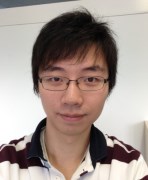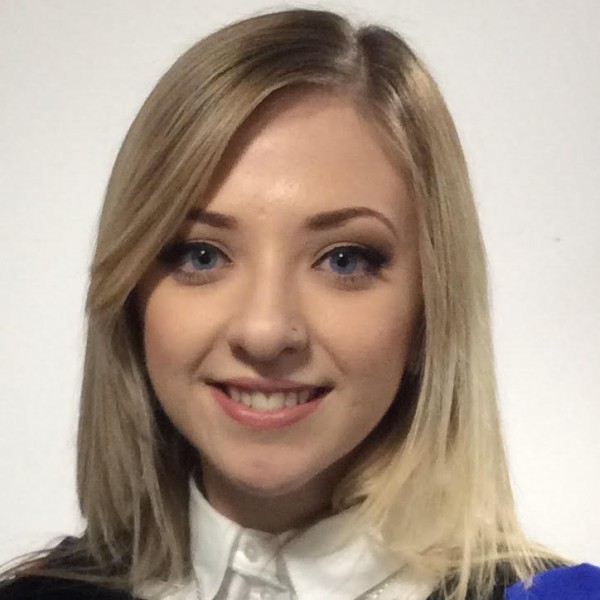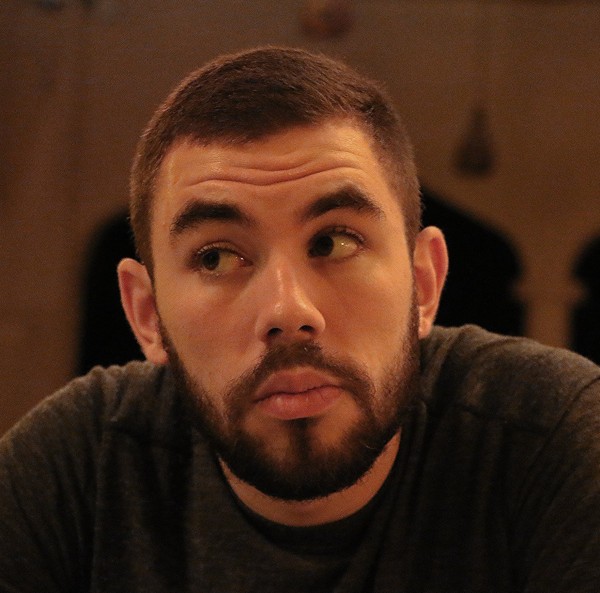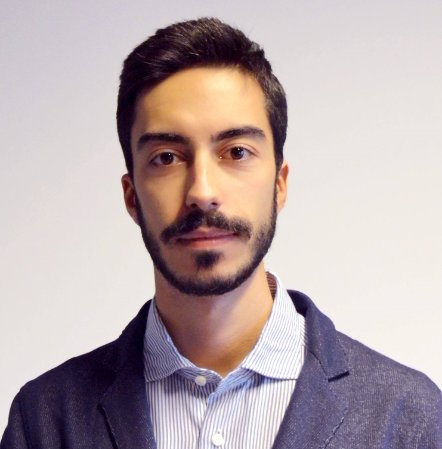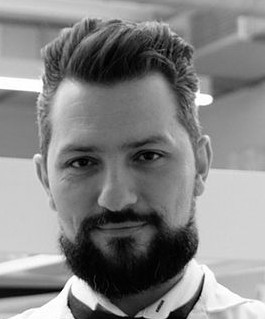
Dr Alessandro Ceccarelli was a PhD student at Newcastle University and worked together with Emanuela Torelli on the DNA/RNA origami for in vivo applications project. He got his PhD awarded in 2019 and moved on to work as a Synthetic Biologist at FabricNano Ltd.


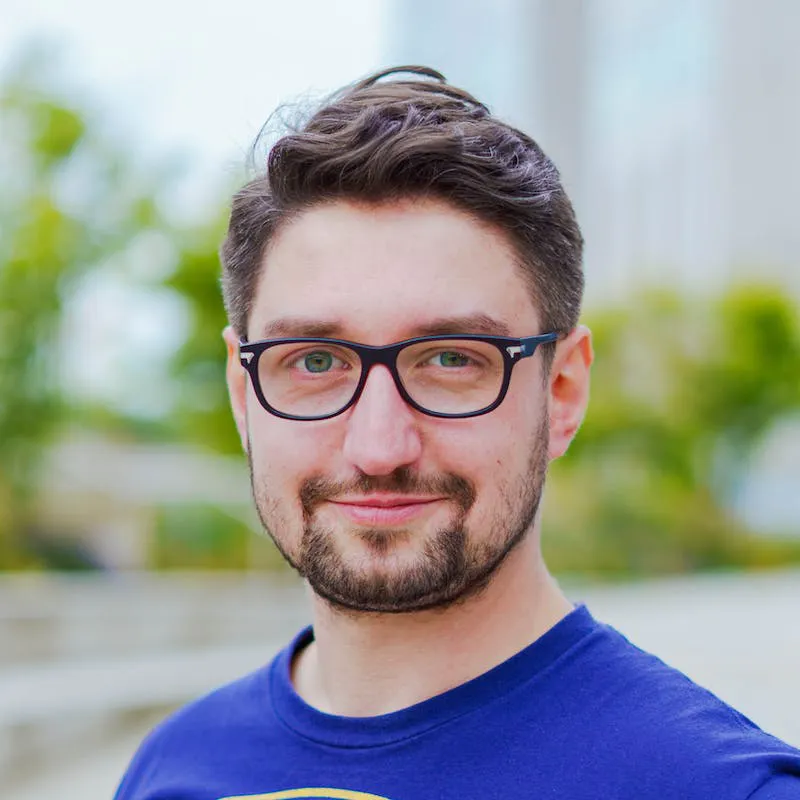
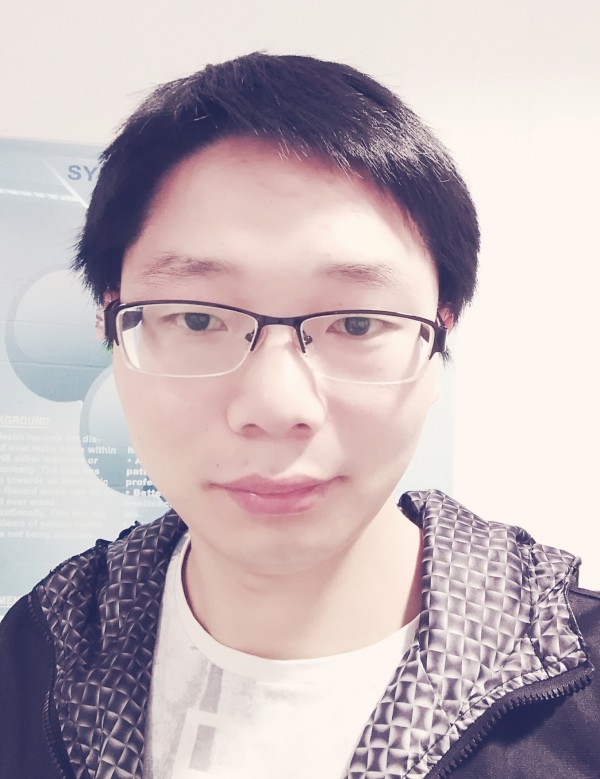 Shouyong is a computer science researcher and joined the ICOS group in 2017. He was involved in the Portabolomics project, focusing on metabolic network modelling, flux balance analysis, and network interdiction. After leaving the group, Shouyong started a lecturer position in Machine Learning at the College of Science, University of Lincoln and worked as programme lead of MSc Data Science and Applications.
Shouyong is a computer science researcher and joined the ICOS group in 2017. He was involved in the Portabolomics project, focusing on metabolic network modelling, flux balance analysis, and network interdiction. After leaving the group, Shouyong started a lecturer position in Machine Learning at the College of Science, University of Lincoln and worked as programme lead of MSc Data Science and Applications.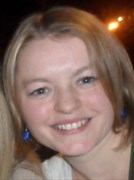

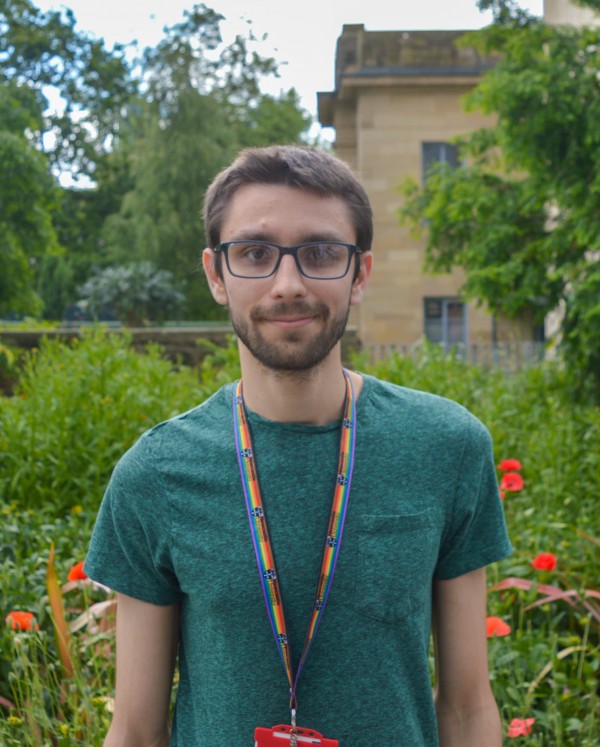 Bradley is a member of the ICOS research group and works at the interface of computing and biology. He has completed a BSc in Biochemistry at the University of Exeter and a MSc in Synthetic Biology at Newcastle University. Bradley was also involved in multiple iGEM teams as a team member,
Bradley is a member of the ICOS research group and works at the interface of computing and biology. He has completed a BSc in Biochemistry at the University of Exeter and a MSc in Synthetic Biology at Newcastle University. Bradley was also involved in multiple iGEM teams as a team member,